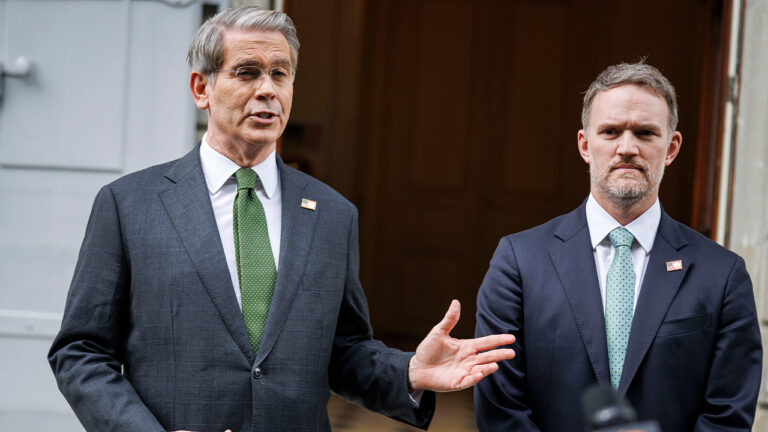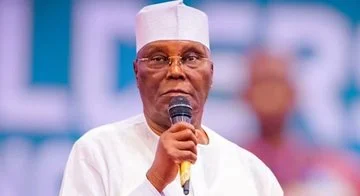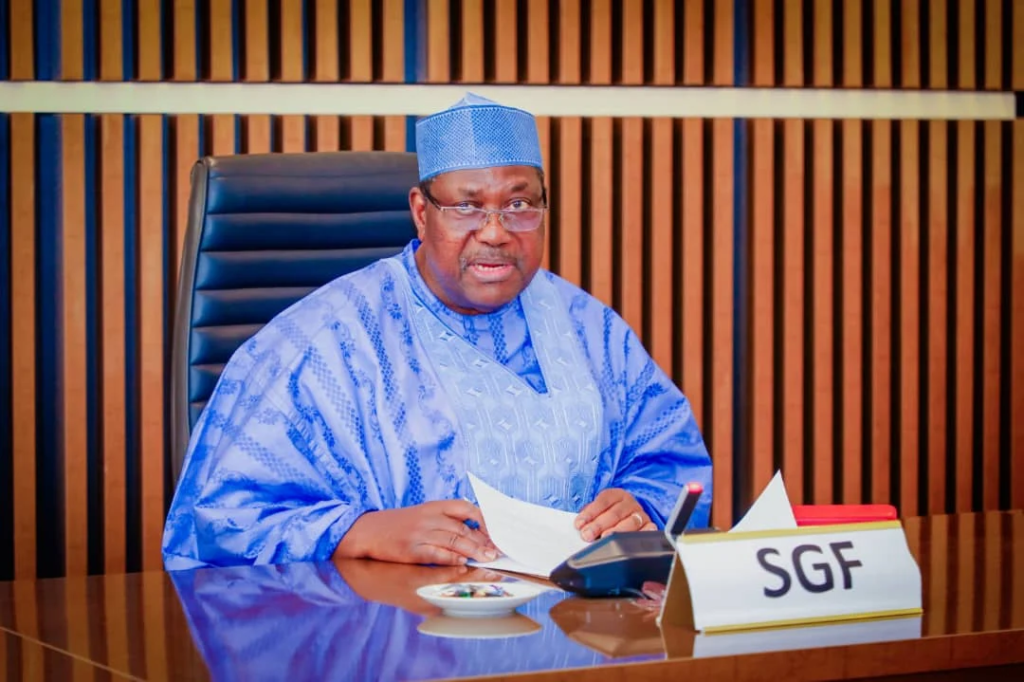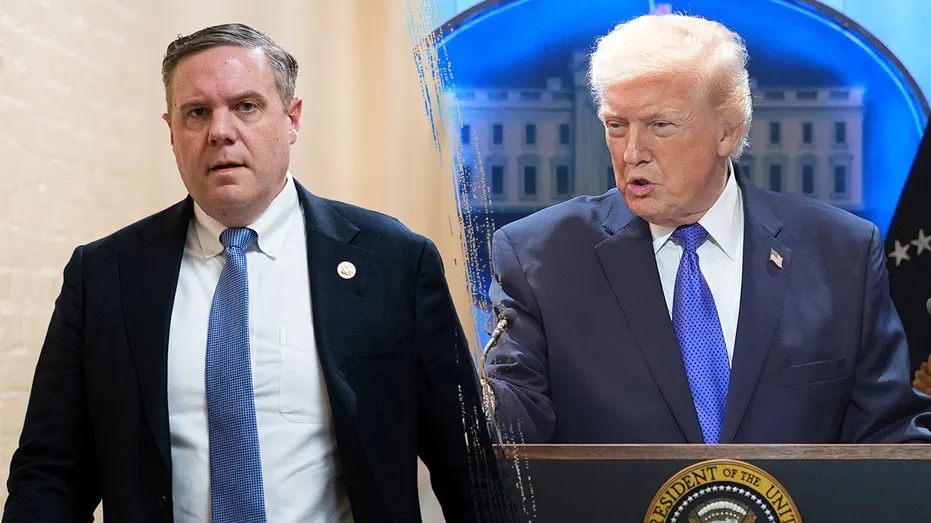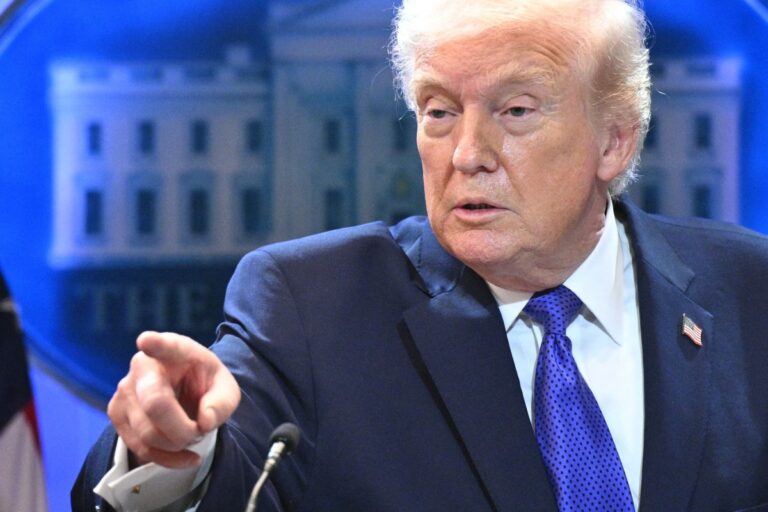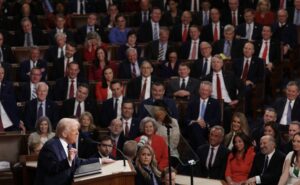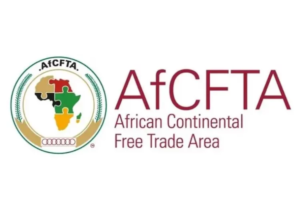The United States and China announced a 90-day mutual reduction in tariffs on Monday, following high-level negotiations in Geneva aimed at de-escalating months of rising economic tensions. The agreement, laid out in a joint statement, signals a temporary truce in the ongoing trade dispute and sets the stage for broader economic talks between the world’s two largest economies.
The announcement comes in the wake of President Donald Trump’s “Liberation Day” tariff policy, which triggered a tit-for-tat tariff spiral between Washington and Beijing, unsettling global markets and stoking recession fears.
At a press conference Monday, Treasury Secretary Scott Bessent confirmed that both nations would reduce their reciprocal tariffs from current levels—down from as high as 145% to 10%. “We’ve reached an agreement on a 90-day pause, and both sides will significantly lower their tariffs,” Bessent said. “This is a critical step toward restoring stability and predictability.”
U.S. Trade Representative Jamieson Greer added that during the 90-day period, the U.S. will impose a 30% effective tariff on Chinese imports, down from prior highs. China will cut its effective tariff rate to 10% and eliminate several retaliatory countermeasures it had previously enacted. “What matters today is that we’ve agreed to bring our reciprocal tariff rates down to 10%,” Greer emphasized.
The temporary rollback will take effect Wednesday, according to the joint U.S.-China statement.
Chinese Vice Premier He Lifeng hailed the outcome of the weekend’s talks as “substantial progress” and praised both sides for reaching “important consensus.” Greer echoed that sentiment, referring to the outcome as a “deal,” while Bessent maintained that the agreement represented “substantial progress.”
The 90-day tariff truce is seen as a window of opportunity to negotiate a longer-term trade framework. Markets responded positively to the news, with analysts suggesting the pause could reduce uncertainty in the short term, even as key structural issues remain unresolved.
The White House has not yet released further details about the broader scope of the negotiations but signaled its intent to pursue a more comprehensive agreement in the coming weeks.

